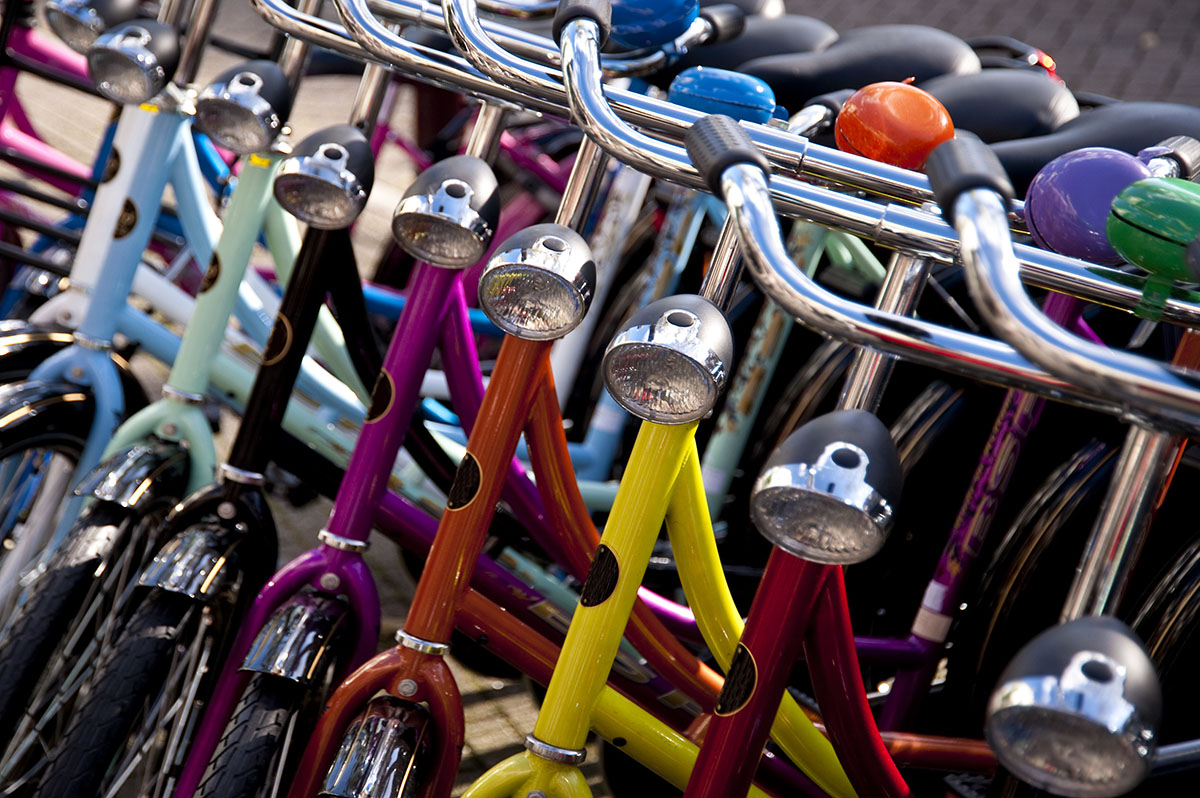
plurals
nouns (person, place, or thing) are either singular (one) or plural (two or more)
cup / cups
cup / cups
actor / actors
website / websites
toothbrush / toothbrushes
hunch / hunches
reply / replies
goldfish / goldfish
boundary /boundaries
afterthought / afterthoughts
linguistics / linguistics
website / websites
toothbrush / toothbrushes
hunch / hunches
reply / replies
goldfish / goldfish
boundary /boundaries
afterthought / afterthoughts
linguistics / linguistics
how do we form them?
Add “S” to most normal nouns
pig, pigs / house, houses / bottle, bottles / teacher, teachers / negotiation, negotiations
Add ES to words ending with x, s, ss, ch, sh
box, boxes / bus, buses / grass, grasses / church, churches / bush, bushes
change y to I and add ES to words ending with a consonant + y
fly, flies /city, cities / lady, ladies
change f to V and add ES for words ending in f or fe
wolf, wolves / wife, wives / life, lives / knife, knives
some nouns have the same singular and plural form
salmon, sheep, fish, offspring, aircraft
some nouns are always plural
things that come in pairs (glasses, scissors, trousers), group nouns –aggregates (thanks, bread, water, information, police)
and don’t forget the irregulars
man, men / woman, women / tooth, teeth / crisis, crises / potato, potatoes / foot, feet
easy peasy!
take a plurals quiz
maka language consulting


